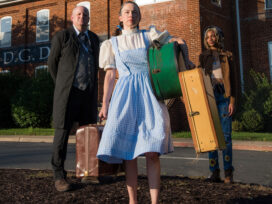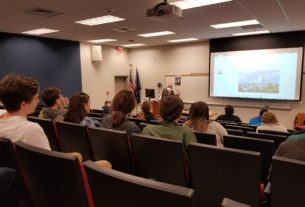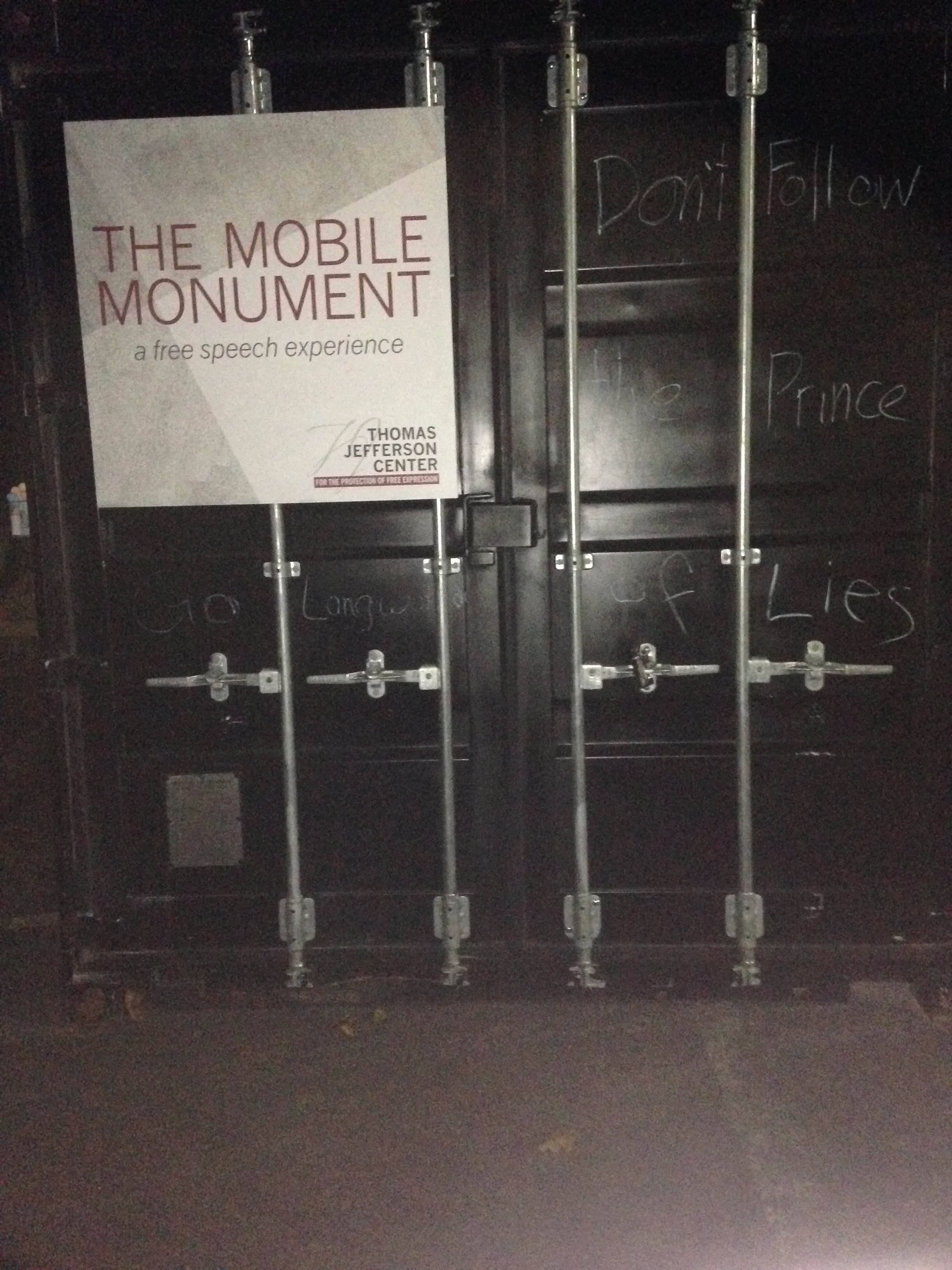Va. wine industry benefits from tourism, economy
Patricia Kluge and Bill Moses took interest in Piedmont Virginia Community College and collaborated with the school, working on programs for students in enology and viticulture.
Kluge and Moses approached PVCC with plans to produce wine on a scale comparable to the vineyards in California. They were looking to team up with the college to generate a workforce for their operations in a field that has a significant impact on the local economy.
The President of PVCC, Frank Friedman, said, “[They] helped us start the program, they helped us with funding, they helped us with consulting experts who they brought in and paid for to work with us, and our friendship with Patricia Kluge and Bill Moses grew based on that partnership for that wine program.”
This industry benefits the economy and has been growing steadily. According to VirginiaWine.org, “Some 17 years after Prohibition’s repeal, Virginia had all of 15 acres of commercial wine grapes.”
Virginia now boasts over 140 wineries and vineyards.
Wine is a major player in the tourism industry. As stated in a local food systems report of 2007 entitled “Virginia Wine: Opportunities within a Regional Food System,” “Additionally, tourism based on agriculture, or ‘agritourism’, is an essential component to a winery’s business model… A recent Virginia Tourism Corporation study found that for every dollar spent at a winery, seven additional dollars are spent elsewhere in the local economy.”
As mentioned in a step-by-step recommendation concerning the establishment of a tourism development fund, Tourism Subgroup Interim Report suggested, among other things, to “promote the growth of new and existing wineries, through the use of a capital improvements tax credit, elimination of burdensome regulations, aggressive cross marketing strategies and use of remote wine licenses in heavily travelled regions.”
Most of the wineries and vineyards in Virginia are family owned and operated.
Palamountain said, “There is nobody in Virginia, none of the wineries that I say would be considered mass production the way you have Gallow, Mondavi, the large California vineyards… if you go into Sonoma you get more of the boutique wines where the wine itself is going to be unique for that particular vintage and that is what we have here, that is our industry.”
PATRICK WISE
FORUM STAFF WRITER







